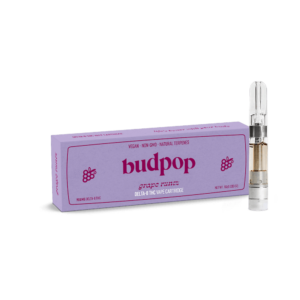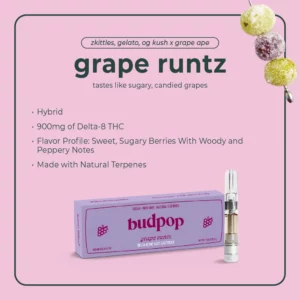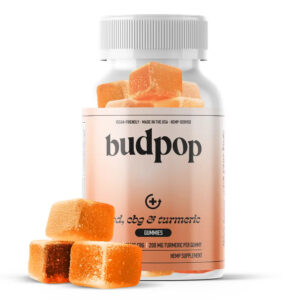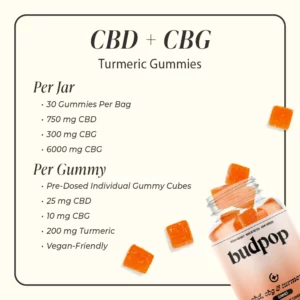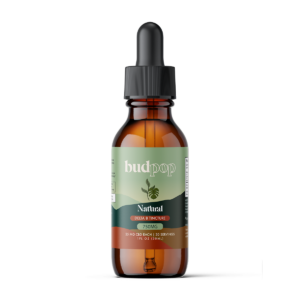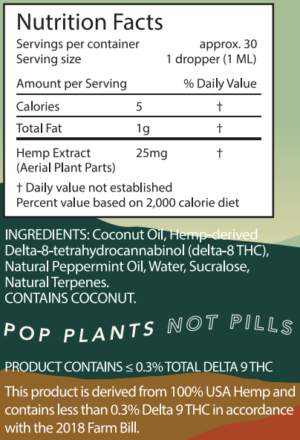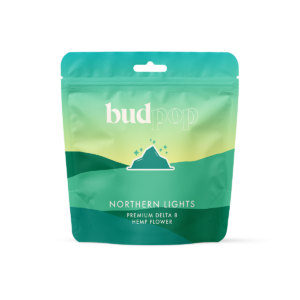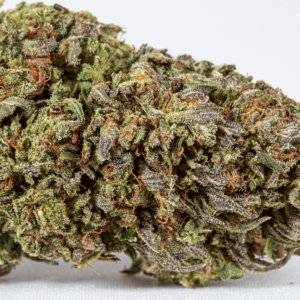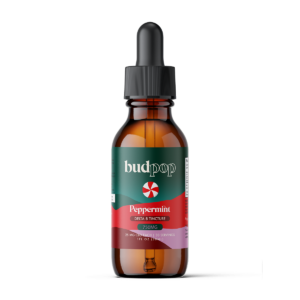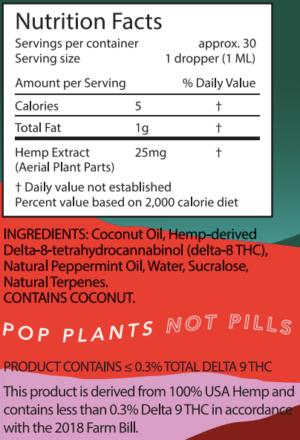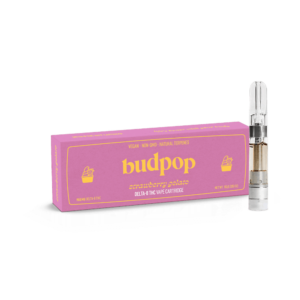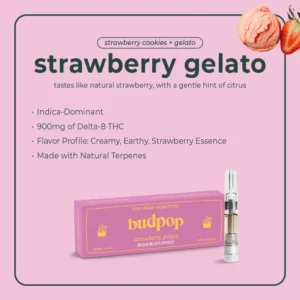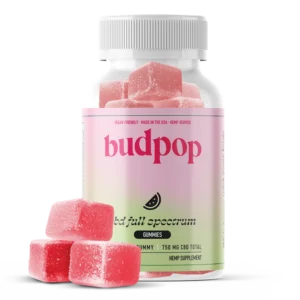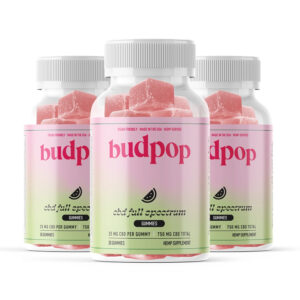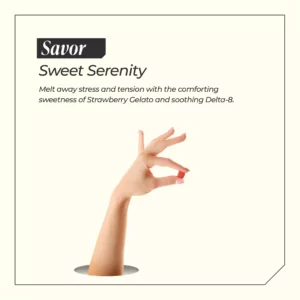With THCa’s popularity rising nationwide, lawmakers are paying close attention—especially in the South. In Georgia, the recent updates to THCa legality have many Peach State residents asking: is THCa legal in Georgia? The answer is surprising, to say the least. While the 2018 Farm Bill made products containing hemp-derived cannabinoids federally legal, states can still make their own rules, and Georgia’s THCa laws are the perfect example. Cannabis laws are constantly shifting, and what’s fine today might not be tomorrow. Keeping up with the latest regulations can help you avoid any unwanted surprises. Understanding Georgia’s stance on THCa is key if you want to stay on the right side of the law, especially if you buy THCa flower and THCa vape carts online legally. Keep reading as we shed light on THCa legality in Georgia and what that means for residents.
Is THCA Legal in Georgia?
As of this writing, hemp-derived THCa products are legal in Georgia only if they contain a combined THCa and THC content of 0.3% or less at the point of sale. This requirement is nearly impossible for THCa products to meet, making them effectively illegal under current Georgia law. Under the 2018 Farm Bill, hemp and hemp-derived products, including THCa (Tetrahydrocannabinolic Acid, THCA, THC-a, or THC-A), are federally legal as long as they contain 0.3% THC or less. But Georgia Senate Bill (SB494), which was signed into law in April of 2024 by Governor Brian Kemp, defined THC (Delta 9 THC, Delta 9, D9 THC, or D9) and its acidic precursor THCa as the same thing. Georgia THCa law comes down to the cannabinoid’s dual nature. In its raw form, THCa is non-euphoric. But once heated, it turns into THC. That means THCa products like flower and vapes could easily exceed the 0.3% THC limit on hemp products. The legal status of THCa in Georgia is among many strict cannabis regulations. Let’s examine additional restrictions that impact how THCa is classified and regulated within the state.Overview of Georgia Cannabis Laws
Georgia has historically maintained strict cannabis laws, criminalizing marijuana possession and use. However, the state has made some allowances for hemp-derived products, leading to confusion about THCa’s legality. While hemp products are permitted, the conversion of THCa into THC upon heating complicates matters. Law enforcement and legal authorities may interpret THCa possession differently, depending on its intended use and form. Two key pieces of legislation—HB 213 and SB 494—attempted to address these potential legal loopholes regarding THCa and hemp-derived products.Georgia’s SB 494 and HB 213 Hemp Laws
Two key pieces of legislation define cannabis laws in Georgia:- Georgia House Bill 213 (HB 213), also known as the Georgia Hemp Farming Act, was passed in 2019. This law legalized hemp cultivation and allowed hemp-derived products only if they contain no more than 0.3% THC. However, HB 213 did not explicitly address THCa, leaving its legal status open to interpretation.
- Georgia Senate Bill 494 (SB 494). Passed in 2024, SB 494 regulates hemp-derived products more strictly, including THCa and other cannabinoids. The bill reinforced testing requirements but did not explicitly ban THCa. However, the bill did include THCa as part of the definition of THC. As stated in SB 494: “‘THC’ means tetrahydrocannabinol, tetrahydrocannabinolic acid, or a combination of tetrahydrocannabinol and tetrahydrocannabinolic acid.”
Other Georgia Cannabis Laws
Georgia is a state with some of the strictest cannabis laws in the U.S., though it does allow limited medical marijuana use. If you’re considering THCa products in Georgia, it’s important to understand both possession laws and medical marijuana regulations to avoid legal trouble.Georgia Possession Laws
Possession of cannabis, primarily marijuana, including hemp products that contain more than 0.3% THC, is illegal in Georgia. The state enforces strict penalties, even for small amounts. Let’s look at some of the laws regarding possession in Georgia.- Strict Penalties for Possession. Possessing one ounce or less of cannabis is considered a misdemeanor. It is punishable by up to one year in jail and a $1,000 fine. Possession of more than one ounce is a felony. Penalties can include one to ten years in prison and heavier fines.
- Stance on THCa. While hemp-derived products are federally legal if they contain less than 0.3% Delta 9 THC, Georgia authorities view THCa and other THC derivatives differently. THCa is included in the definition of THC. So, all hemp-derived THCa products must have a total THCa and THC concentration of 0.3% or less. Possessing products that go beyond this limit is illegal and considered marijuana.
- Local Ordinances May Vary. Some Georgia cities, including Atlanta and Savannah, have decriminalized small amounts of marijuana for recreational use. If you possess it, you may face reduced penalties to a fine with no jail time. However, state law still considers possession of marijuana illegal, so enforcement may depend on local policies.
Georgia Medical Marijuana Laws
Georgia has strict limitations on their medical marijuana program, which allows registered patients to use low-THC oil with a maximum THC content of 5%. However, smokable cannabis, including THCa flower, is not permitted under state law.- Medical Marijuana Program Restrictions. Only registered patients with a qualifying medical condition can access up to 20 fluid ounces of low-THC oil. Conditions eligible for medical marijuana include seizure disorders, multiple sclerosis, Parkinson’s disease, cancer, and PTSD. Patients must obtain a Low THC Oil Registry Card issued by the Georgia Department of Public Health.
- Smokable Cannabis, Including THCa Flower, Is Not Allowed. Georgia medical cannabis law does not permit the sale or use of smokable marijuana, including THCa flower. Even medical marijuana patients cannot legally purchase or use THCa products in flower form.
- THCa’s Legal Gray Area for Medical Use. While some may argue that THCa is different from THC, current law considers it illegal- especially if it is sold in products that contain more than 0.3% total THCa and THC.
- No Dispensaries or Retail Stores for Medical Cannabis. Unlike other states with broader medical programs, Georgia does not allow dispensaries to sell THC products directly to consumers. Patients must obtain low-THC oil through licensed manufacturers or state-approved providers.
![Is THCA Legal in Georgia? [Major 2025 Update Explained] Is THCA Legal in Georgia? [Major 2025 Update Explained] | BudPop](https://budpop.com/wp-content/uploads/2025/03/Is-thca-legal-in-Georgia.png)
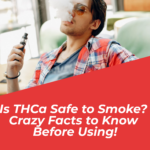
![Is THCa Legal in Florida? [The Shocking Update To State Law] is thca legal in florida budpop](https://budpop.com/wp-content/uploads/2024/12/is-thca-legal-in-florida-budpop-150x150.jpg)
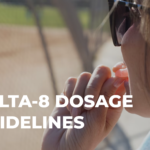
![Is THCp Legal? [State List & Updated Guide for 2025] is thcp legal](https://budpop.com/wp-content/uploads/2025/01/is-thcp-legal-150x150.jpg)

![Is Delta 9 Legal in Alabama? [Shocking Current Law in the Heart of Dixie!] is delta 9 legal in alabama](https://budpop.com/wp-content/uploads/2024/11/is-delta-9-legal-in-alabama-150x150.jpg)
